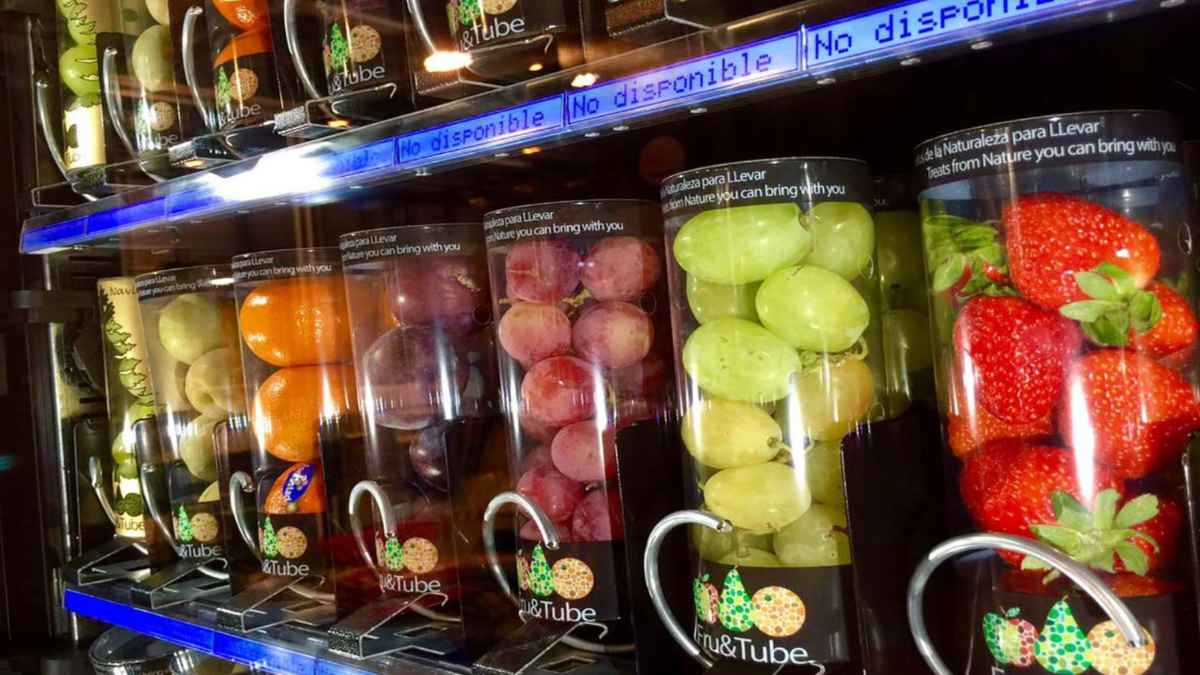La Seguridad Social ha confirmado que a partir de 2026 solo podrán jubilarse a los 65 años quienes acrediten al menos 38 años y 3 meses cotizados. Quien no cumpla ese requisito deberá esperar hasta los 66 años y 10 meses. En paralelo, se estrena un modelo de cálculo dual de la base reguladora que permitirá escoger la opción más beneficiosa.
Quién puede jubilarse a los 65 años en 2026 según la Seguridad Social
La norma mantiene un sistema dual de edad y cotización. Si en 2026 acreditas 38 años y 3 meses, podrás retirarte a los 65. Si no, la edad ordinaria será 66 años y 10 meses. ¿Qué pasa si te faltan meses para llegar al umbral? Tocará seguir en activo hasta alcanzarlos o esperar a tu nueva edad ordinaria.
Este calendario es progresivo. En 2027 culmina la reforma con una edad ordinaria de 67 años para quienes no lleguen a 38 años y 6 meses. El impacto será mayor en carreras irregulares con pausas, temporalidad o desempleo. Incluso se advierte que, con cotizaciones por debajo de 36 años y 3 meses, la espera se alargará hasta 2028.
A continuación, un resumen con los hitos clave del calendario que ya está confirmado:
| Año | Cotización mínima para jubilarse a 65 | Edad ordinaria si no se cumple |
|---|---|---|
| 2026 | 38 años y 3 meses | 66 años y 10 meses |
| 2027 | 38 años y 6 meses | 67 años |
Este esquema refuerza la idea central: cada mes de cotización cuenta, y mucho.
Cómo queda la jubilación anticipada en 2026 y los coeficientes reductores
Quien cumpla el requisito de 38 años y 3 meses en 2026 podrá anticipar la jubilación hasta dos años. Eso significa que, si tu edad ordinaria es 65, podrás retirarte a los 63. Si tu edad ordinaria es 66 años y 10 meses, la anticipada será posible desde los 64 años y 10 meses.
La prestación se reduce en función del anticipo: desde un 21 por ciento si adelantas 24 meses hasta un 3,26 por ciento si solo adelantas un mes. ¿Conviene esperar o adelantar? Dependerá de la cuantía y de tu horizonte de ingresos, así que mejor hacer números con calma.
Nuevo cálculo dual de la base reguladora que aplicará la pensión
El Real Decreto-ley 2/2023 impulsa un modelo de cálculo dual que se aplicará automáticamente para favorecer al pensionista, especialmente útil en carreras irregulares. Habrá dos opciones:
- Sistema tradicional: suma de las últimas 300 bases dividida entre 350.
- Nuevo sistema: las 302 bases más altas de los últimos 304 meses divididas entre 352,33, descartando los dos peores meses.
La transición será gradual entre 2026 y 2044 hasta alcanzar 29 años computados, con exclusión de los 24 peores meses. En consecuencia, se suavizan baches de cotización y se premian trayectorias largas y estables. Ojo, elegir bien la fórmula puede marcar la diferencia en la pensión final.
Medidas para colectivos vulnerables y recomendaciones prácticas ante los cambios de pensiones
La Seguridad Social ha reforzado la protección de colectivos vulnerables. Las empleadas del hogar podrán acceder al subsidio para mayores de 52 años incluso sin cumplir el periodo mínimo de cotización, aliviando una histórica situación de precariedad.
No faltan críticas. Economistas y sindicatos cuestionan si bastará con estos ajustes. Se advierte incluso de posibles subidas futuras de la edad de retiro, y se denuncian prácticas empresariales que aprovechan bajas médicas para cesar a trabajadores. ¿La respuesta práctica? Planificar con antelación, revisar el historial de cotizaciones y usar las herramientas digitales del Ministerio para comprobar datos y trámites. Que no te pille el toro.









